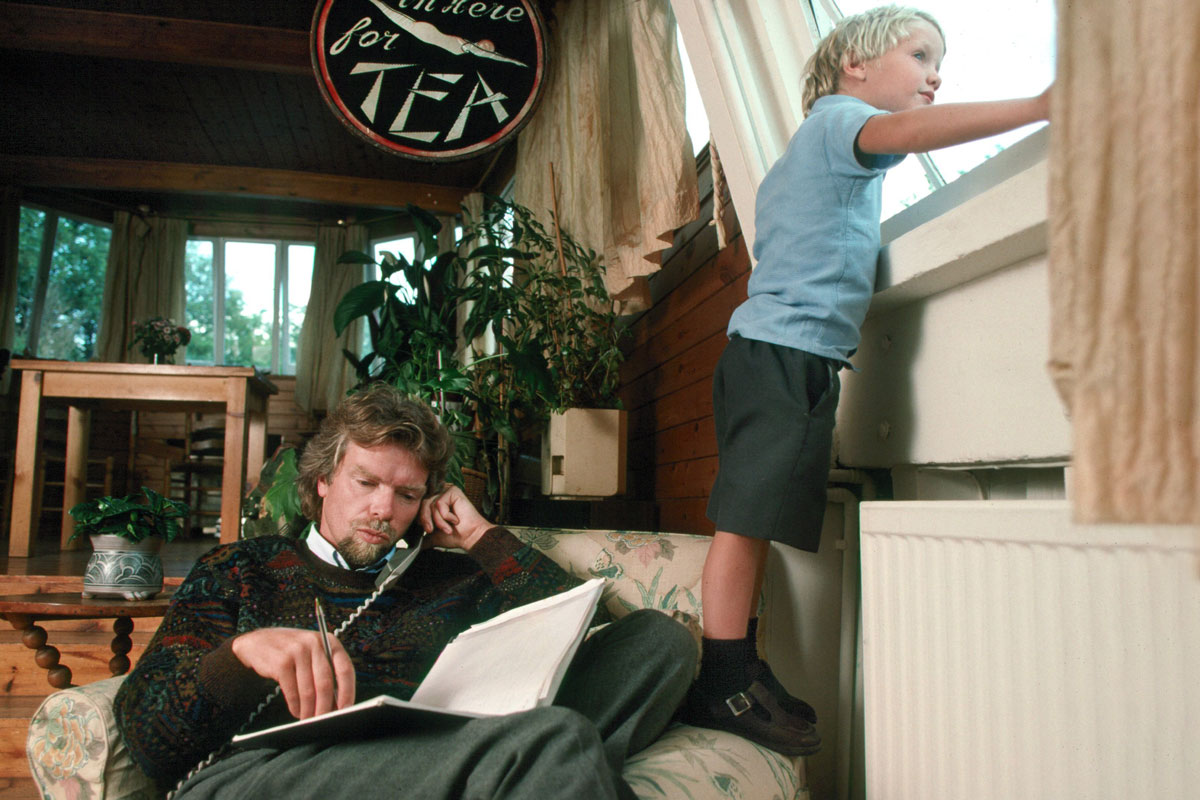Spend a bit of time listening to experts on workplace culture and you’ll soon realise they’re all cowards. Nothing else can explain the endless bleating about “work-life balance” and “burnout” when it comes to the topic of being overloaded. But really, how else are you going to improve?
There are some very good reasons to overload yourself at work, and they’re all of benefit to you. Much like a gym rat, you’re testing the limits of your capacity and extending your reach. Piling on more work than you’re used to, and forcing yourself to rise to the occasion, means you’re flexing your mind tanks and expanding your ability to get things done.
In a best-case scenario, you’re triggering a feeling of ‘eustress’ – a state of being where you’re responding positively to stressors and becoming the workplace equivalent of The Incredible Hulk (but without the green-out rages).
Just make sure you’re setting your own overload limits – don’t let your self-improvement become a vehicle for other people to exploit you. Especially if you’re prone to green-out rages.
Redefining the work trip
Recently on Twitter, Matt Okine had some good advice for sole traders:
For any people considering a freelance life, there is only one thing you need to know: nothing will book you a job like booking a holiday.
— Matt Okine (@mattokine) 18 January 2020
And it’s true. In my experience, there’s nothing more likely to draw a lucrative and on-deadline project than organising a trip away. No, not just organising – that urgent work won’t arrive until you’ve handed over cash for the flights and accommodation. It’s like they can sense the least optimal moment in your feast-or-famine existence to set the table with a gourmet spread. A gourmet spread of cash money.
In an ideal world, businesses would be aware of these huge, immovable projects long before they pop up, but in practice, the world seems to have embraced the Toyota concept of ‘Just-In-Time’ manufacturing when it comes to determining schedules.
It’s why weekly magazines work double-time at the end of the year, when everyone’s exhausted trying to put together extra issues before the Christmas break.
It’s why teachers have to cope with a bit of extra marking before their three months off. And it’s why you’ll get slightly hysterical emails from some poor in-house employee who’s just been handed an unrealistic time frame and an elastic budget but remember, it’ll only happen while you’re packing for Madrid or a long weekend away with the party crew.
That latter scenario is really the ultimate test of your abilities, and the reason you should always be training to extend your reach, no matter where you currently work. Because I can tell you from experience that it takes a superhuman level of control, concentration and passion for professionalism to be effective in your work when the sights, smells and orejas a la plancha of Madrid lie outside your hotel door – and the clock’s ticking on your flight home.
And it’s somehow even worse when you’re in a five-bedroom Airbnb in suburban Canberra, and 80 per cent of the house’s occupants are necking bottomless mojitos by the pool to a Hottest 100 soundtrack while you’re at the communal dining table, frowning over spreadsheets and HTML code.
That, my friends, is when you’re truly grateful that you know how to summon ‘The Incredible Hulk of Eustress’ under any circumstances. And that you got those overpriced noise-cancelling headphones for Christmas.
Read next: 4 day or 80 hours: The future of the standard work week







